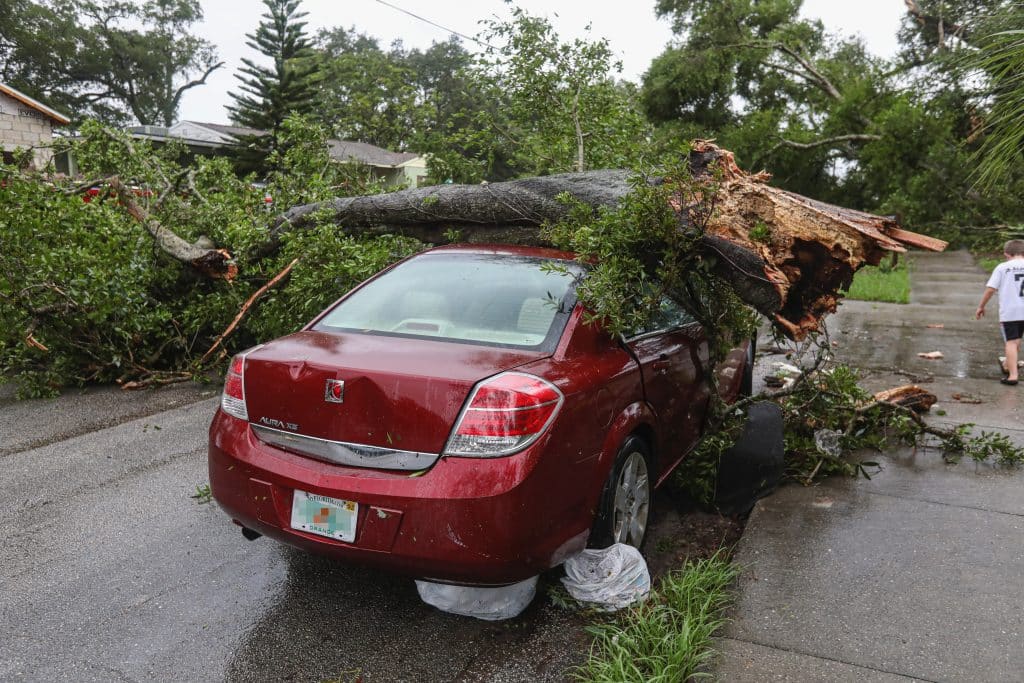Is your flood damage tax deductible? It’s estimated that there was over $18 Billion in damage stemming from natural disasters in 2021. From the ‘Texas Freeze’ to the ‘Cali Wildfires’, this year has been crazy and our state has not been left untouched. Recently, many New Jerseyans’ were left dealing with devastating basement flooding and vehicle damage from Hurricane Ida. A recently proposed stipulation within the 3.5 trillion dollar spending package would allow Americans to claim these damages as deductions on their 2021 tax filings.
A provision that would allow citizens to deduct these losses from their taxes was recently approved by the ‘House Ways & Means Committee – as part of the $3.5 trillion social spending package. If the package becomes law, this could unlock billions of dollars in disaster relief funding for Americans in need.
While much of the plan remains uncertain, the one certainty is that those who suffered disaster damage will not be able to deduct losses that have been covered by insurance payments. While this may not be a surprise, we can see the benefit given the environment of rising insurance premiums and lower overall payouts.
What’s the catch?
A 2017 tax law overhaul led to the suspension of deductions for disaster losses until 2026, unless the damage stemmed from a disaster that is federally declared, like hurricanes, wildfires, and earthquakes. This means that one-off incidents are not covered (fires, lightning, etc).
These losses are only deductible if they exceed $100 per incident and 10% of the taxpayer’s adjusted gross income, or AGI. Adjusted Gross Income (AGI)I does not include itemized deductions, therefore it tends to be a lot larger than taxable income.
The good news is that the provision that was recently approved by the ‘Ways and Means’ committee would repeal the above-mentioned stipulation and allow individuals to deduct damages stemming from incidents like fires, lightning, and other types of one-off occurrences. However, at this time, the 10% AGI limitation still applies.
With that being said, there is a move in congress looking to wave this limitation as well. As history has shown, the 10% limit was dropped for several Federally declared disasters in 2019 and 2020. Additionally, the limit was dropped for victims of hurricanes Harvey, Maria, and Irma.
For example: In the aftermath of hurricane Ida, we’ve had a lot of clients reach out to us saying that their home insurance policy does not cover flooding. This could potentially be qualified for deduction if the provision passed and the damage falls under the required threshold that is set.

What Should You Do Now?
File your insurance claim first as taxpayers who have insurance must claim it before applying for any deduction. Have the damage professionally assessed and find out what your insurance will cover in order to determine any potential benefit in the form of deductions.
We are following the recent spending bill and tax developments closely and will be sure to update you on any important changes. Never miss a beat and stay up to date with the most recent tax and business developments by signing up for our newsletter!
Have a question? Book a call with an expert.





